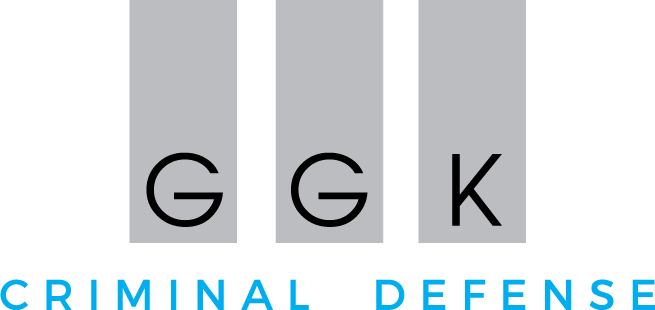After the collapse of the energy company Enron in late 2001, the federal government vigorously pursued criminal cases against the leaders of the company. The trial of Enron CEO Jeffrey Skilling turned into one of the most famous fraud cases in U.S. history. In 2006, Skilling was convicted of securities fraud, insider trading and conspiracy and received a lengthy prison sentence. In May 2013, federal prosecutors and Skilling’s defense team announced they had reached an agreement to reduce Skilling’s sentence.
Sentence enhancement overturned
Skilling’s resentencing is partially due to the fact that federal prison terms are based on a point system which takes into account the severity of an offense, a person’s criminal history and aggravating and mitigating factors. At Skilling’s sentencing in 2006, the judge considered Enron’s employee retirement plans as a “financial institution” for the purposes of the federal sentencing guidelines. Doing so allowed the judge to add a four-point enhancement to Skilling’s point total because his securities fraud and insider trading “threatened the safety and stability of a financial institution.” Skilling’s background and the severity of his crime put him at 36 points prior to the enhancement, which would have resulted in a prison sentence ranging from 188 to 235 months. However, the four-point enhancement boosted Skilling’s total to 40, meaning that the sentence range he faced was 292 to 365 months. The judge sentenced Skilling to 24 years and four months, the lowest possible sentence in that range.
Skilling appealed both his conviction and the sentence. In 2009, an appellate court overturned the enhancement and ordered the lower court to resentence Skilling using a point total of 36. The resentencing was stayed pending the outcomes of other appeals Skilling was pursuing. Skilling lost many of his appeals and began negotiating with prosecutors for a new sentence. As part of the agreement, the government would reduce Skilling’s sentence to 14 years in exchange for his agreeing to abandon further appeals of his conviction. Doing so would allow the government to disperse $40 million in Skilling’s assets that had been frozen since his arrest to those harmed by Enron’s collapse. The government could not touch the funds until Skilling had exhausted his appeals.
Federal law on securities fraud
The term “securities fraud” deals with situations where a person or institution misrepresents information upon which others base investment decisions. Some forms of misrepresentation include withholding information, giving false information and acting on or dispensing inside information. Securities fraud encompasses several different federal crimes, including:
- Pyramid or Ponzi schemes
- Foreign currency fraud
- Embezzlement by brokers
- Late-day trading
Seek legal assistance
As Skilling’s prison sentence demonstrates, the penalties that people face for securities fraud can be severe. State and federal governments have placed an increasingly high priority on prosecuting those whom they suspect are engaging in fraudulent activities. If you are facing fraud charges, it is imperative to have the assistance of a skilled white collar crime attorney who can help protect your rights.





